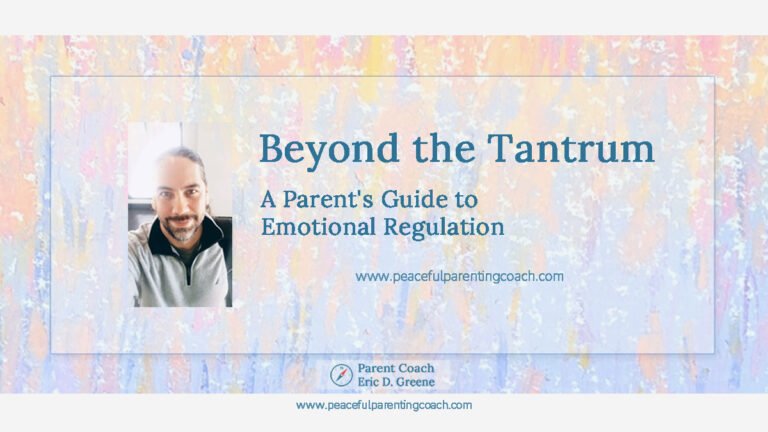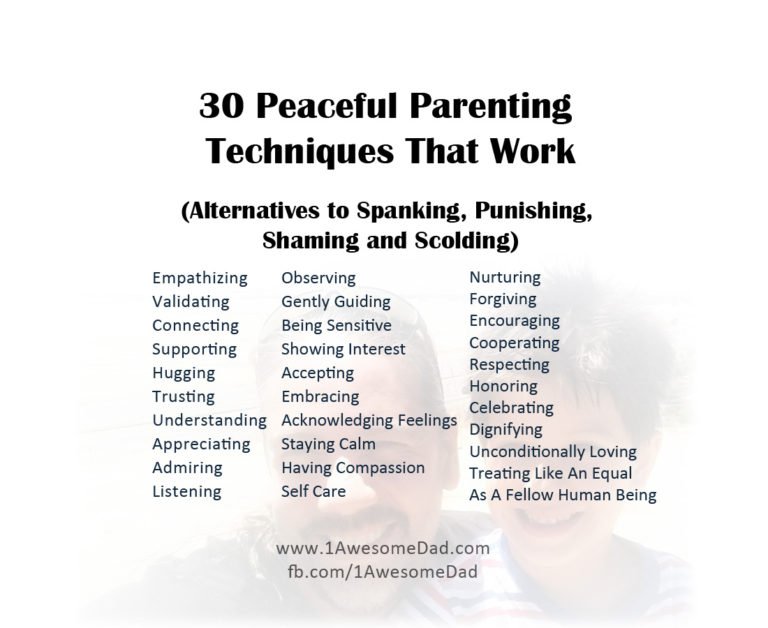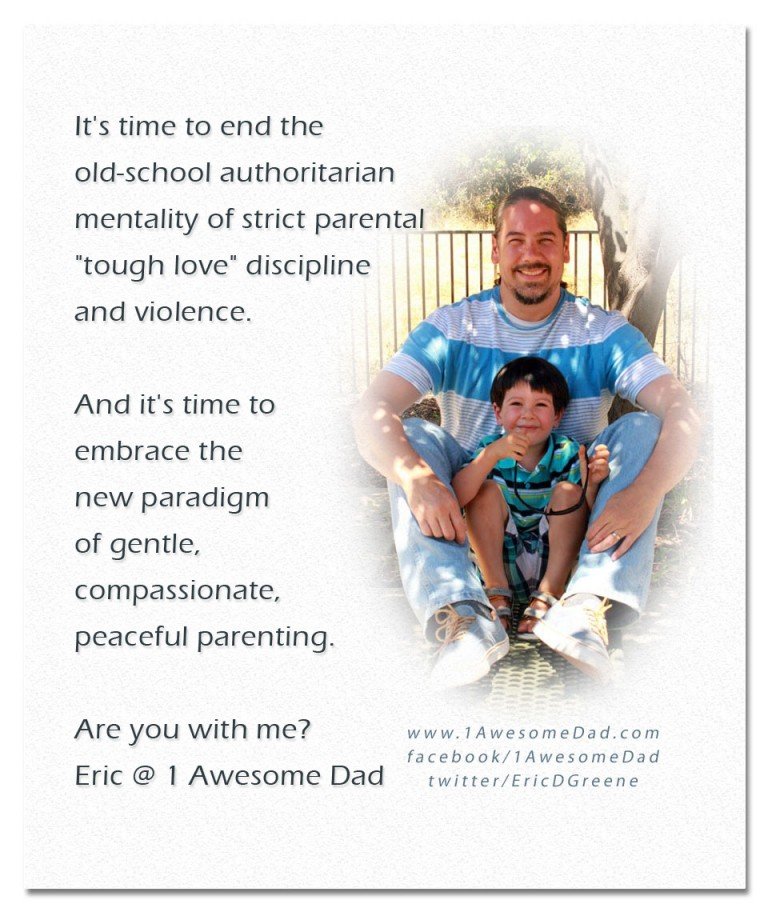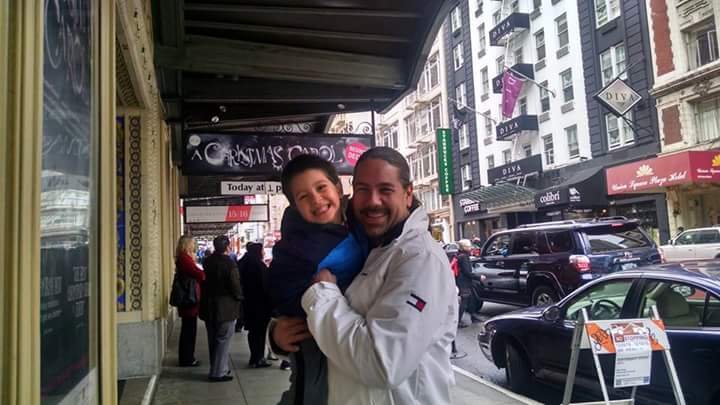How Connection, Not Control, Shapes Your Child’s Future
Great parenting is all about attachment.
It’s all about the connection, and the attunement between parent and child. The feeling of closeness and togetherness. A deep understanding the child has of feeling accepted and appreciated.
You can argue about the importance of other principles. Empathy, non-violence, respect, being supportive, etc. And those are definitely important and need to be honored.
But it really comes down to the attachment. It’s about keeping the attachment close, and keeping the bond strong.
Why Attachment Is the Foundation of Great Parenting
A secure, trusting parent-child bond is more than a feeling. It’s the very groundwork for healthy developmental milestones. Children who experience true attachment with their parents not only feel seen and heard, but are also empowered to explore the world with confidence.
This form of connection is about tuning into your child’s needs, emotions, and uniqueness, not simply checking boxes or following a script. Through everyday acts of presence, empathy, and curiosity, parents lay the foundation for lifelong resilience and self worth.
Attachment doesn’t end in the toddler years either! It develops over time into a relationship of mutual respect and trust that supports your child at every age.
Attachment Parenting vs. Peaceful Parenting: What’s the Difference?
While many parents recognize the importance of secure attachment, “attachment parenting” is often misunderstood as simply following a set of prescribed techniques, like where a child sleeps or how often they’re held.
Peaceful parenting moves beyond limits and boundaries, or any checklist or formulas. It’s grounded in seeing every child as a full person and building true connection through trust, respect, and collaboration.
In peaceful parenting, we don’t focus on enforcing boundaries or providing the “right” consequence. Instead, we honor the child’s individuality and work with them to co-create solutions. This approach prioritizes presence, empathy, and relationship instead of control, so that both parent and child can thrive.
For a deeper dive on parenting without traditional boundaries, see my article Why I Don’t Use Boundaries With My Son.
With any of the other peaceful parenting principles, when you ask why those are important, it usually goes back to attachment. For example, why do you choose non-violence? (besides it obviously being wrong to hit your kids) Because violence breaks the bond and creates distrust.
Why do you have empathy with your kids? It helps them feel understood and emotionally close to you. Whereas if you scream and threaten and demand, it breaks the connection/attachment.
Why do you want to be accepting and supportive (instead of controlling and threatening)? It helps the child feel empowered instead of shamed and disconnected. In other words, it strengthens the attachment.
Everyday Attachment: Choosing Connection Over Control
Real attachment is lived out in everyday moments. Especially when things are hard. When your child resists or struggles, peaceful parenting means inviting curiosity, offering empathy, and co-creating solutions together. And not defaulting to control or directing.
Instead of aiming for obedience, you want to model collaboration, by honoring your child’s experiences and their voice, while working together to meet everyone’s needs.
This approach deepens trust, builds inner confidence, and teaches children that their feelings and perspective always matter in your relationship.
What Parental Actions Help Build Connection?
In any moment of uncertainty with your child, the path forward becomes clear when you ask one simple question. What action can I take as a parent that will build our connection? Versus what action will create disconnection?
Consider a common struggle. You need to leave the house, but your child wants to stay and play. The oppositional path offers tools of control like threats or punishments. These might achieve compliance in the moment. The path of connection looks different. It starts with genuinely seeing the situation from your child’s perspective. You acknowledge their desire to play. You validate their frustration about having to leave. You partner with them to find a way forward together.
The path of control often seems quicker. It is easier to issue a command than to connect with an upset child, especially when you are stressed and running late. But this is the most critical time to remember our true goal. If our goal is simply short-term compliance, then control works. If our goal is a long-term relationship built on trust and unconditional connection, then the choice is clear.
Beyond the Quick Fix: The Long-Term Power of Connection
It can be tempting to seek quick solutions through control or compliance, especially when children push limits or emotions are high. But choosing short-term obedience at the expense of connection risks eroding trust over time.
When you prioritize relationship above all, you’re playing the long game. You’re raising a child who trusts you, feels safe, and is able to navigate life’s big feelings openly. This investment pays off in adolescence and beyond, as your child relies on their own internal compass, shaped by the security of your attachment, to make healthy, self-directed choices.
Keep The Attachment Strong
Great parenting is making the choice to keep the attachment strong. Even though it may sometimes feel like the more difficult choice in the short term, in the long term, it’s worth it.
It’s always worth it to be loving, kind, empathetic, understanding, validating, and treating your child with respect and the dignity they deserve.
It’s all about the attachment. That’s the thing to keep in mind – always!
Follow me on Facebook > ericdgreene
Instagram > instagram.com/ericdgreene_





great stuff, Eric, on one level this sounds like such a simple principle, but on the other, the attachment speaks to the depth of real relationship, which is everything….. thanks for this post….much appreciated!